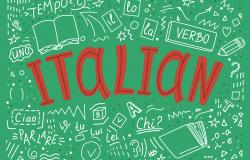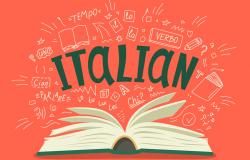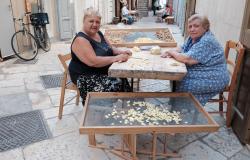Language Tip of the Week
by Alesha Allen |
Subject pronouns indicate the subject of a sentence, the person who is carrying out the verb. They take the place of nouns. You might refer to ‘my sister’ as ‘…
by Alesha Allen |
There are many types of pronouns in Italian, today we’re going to look at direct and indirect pronouns and how you can combine them.
Let’s start with direct…
by Alesha Allen |
We only have one way to say ‘you’ in English. Italian has both a formal you ‘Lei’ and an informal you: ‘tu’. Which one should you use when? This is a question…
by Alesha Allen |
Introduction
Today’s language lesson is about how to use the passive form in Italian. There are two forms of verbs: passive and active. An active verb…
by Alesha Allen |
I am sure you have heard the word ‘bellissimo’ (very beautiful) or ‘buonissimo’ (very good) in Italian. These -issimo endings are called absolute superlatives…
by Alesha Allen |
Adverbs - avverbi in Italian - are used to modify a verb, an adjective or another adverb.There are different types of adverbs.
Adverbs of…
by Alesha Allen |
You may often have to guess the meaning of a word when learning a new language. At times the word is similar to an English one and therefore easy to guess…
by Alesha Allen |
The verb ‘fare’ literally translates as ‘to do’ or ‘to make’, but depending on the context it can also mean ‘to have’, ‘to take’, ‘to go’, ‘to be’, ‘to let’.…
by Alesha Allen |
Easter, Pasqua, is a great time to visit Italy and it is coming up on Sunday, April 21st. It is a very important religious event in Italy, and Easter week…
by Alesha Allen |
When asking how much something costs, you can use the following:
Quanto costa? How much does it cost?
Quanto costano? How much do they cost?
Qual’è il prezzo?…
Suggested Italian Properties
Featured experiences in Italy
Culture and Art, Outdoor Activities, Tour Operator, Tours
Abruzzo
Culture and Art, Food & Wine, Shopping, Tours
Milan
Cooking School, Food & Wine, Outdoor Activities, Tours
Barolo
Culture and Art, Food & Wine, Tour Operator, Tours
Marche

















